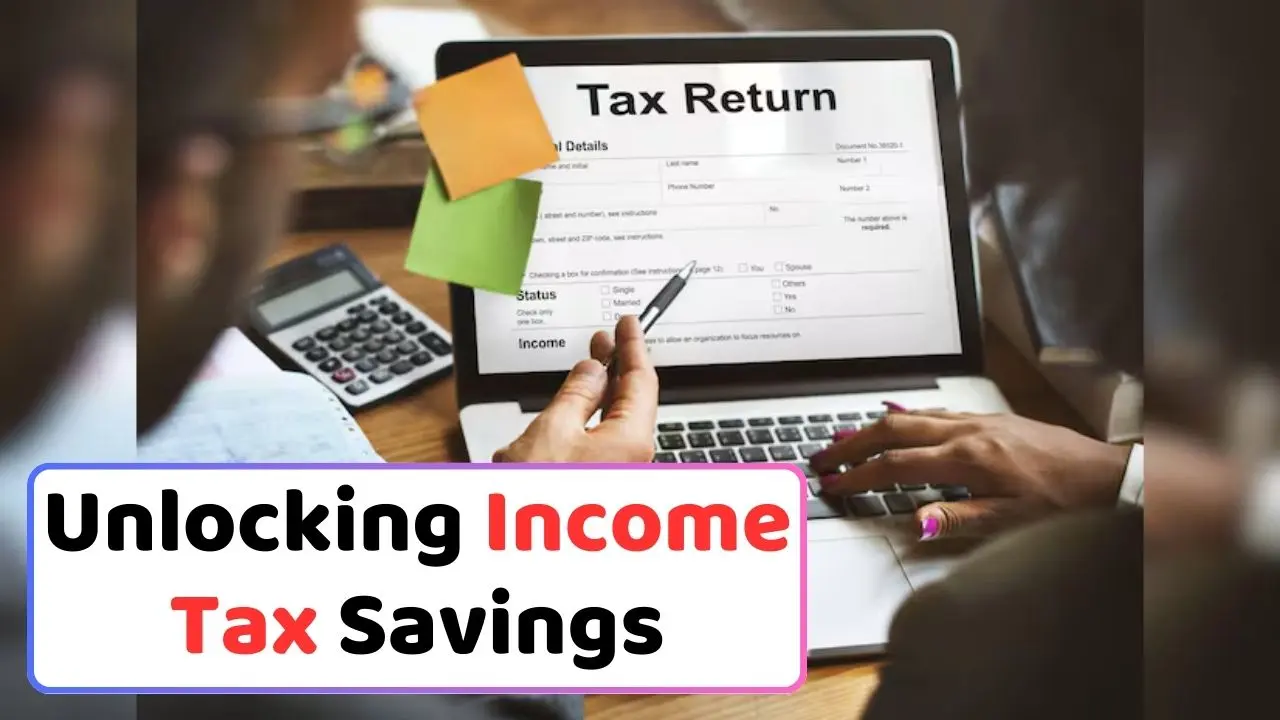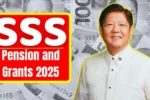Considering that the Union Budget for the financial year 2024-25 has been announced, many people are toying with the idea of how to save on the income tax. Sitharaman made some relief under the new tax regime but the older tax structure is still prevailing.
As the interests in capital gains tax and indexation benefits are emerging new concerns, a trending video on social media is enjoying widespread attention. In it, a travel blogger gives a beautiful twist to a 3-step formula of how to save 100% of income tax.
The Wacky approach to Tax Evasion
The video that was produced by Udupi based travel blogger Srinidhi Handa is directed towards the salaried persons. He suggests an unconventional method of tax savings: growing grass. Handa has come up with the suggestion that employees make their employers to pay them in what he termed as grass sales and not wages.
Aids in comprehending the taxation implication of an enterprise.
The logic behind such proposal is rather clear. Please be informed that income coming from agriculture products in India is tax-free.” Employees can thus, lawfully, transfer their earnings to agricultural sales to dodge paying income tax on it. So when grass makes it through the agricultural section as an employee, no income need be declared to the tax authorities.
Advantages of This Strategy
Choosing this method also means that people would not have to pay income tax, and they would not have to worry about TDS also. This enables employees be able to receive the funds realizing that it free from drawbacks such as investment risks and taxes aspects normally related to it. It has led to a lot of discussions on social networks where people watch Handa’s programme and most of them have raised their eyebrows at the idea she was advocating.
In addition to that, using social media as a news source stirred up more discussions among the public.
The video has induced a storm of reactions and people coming up with possibilities of loopholes in taxation in India. In fact some viewers have gone to the extent of asking the government to take measures so that such escapes cannot be managed. It can be argued that the public domain reflects the increasing concern with taxes and their effects.




